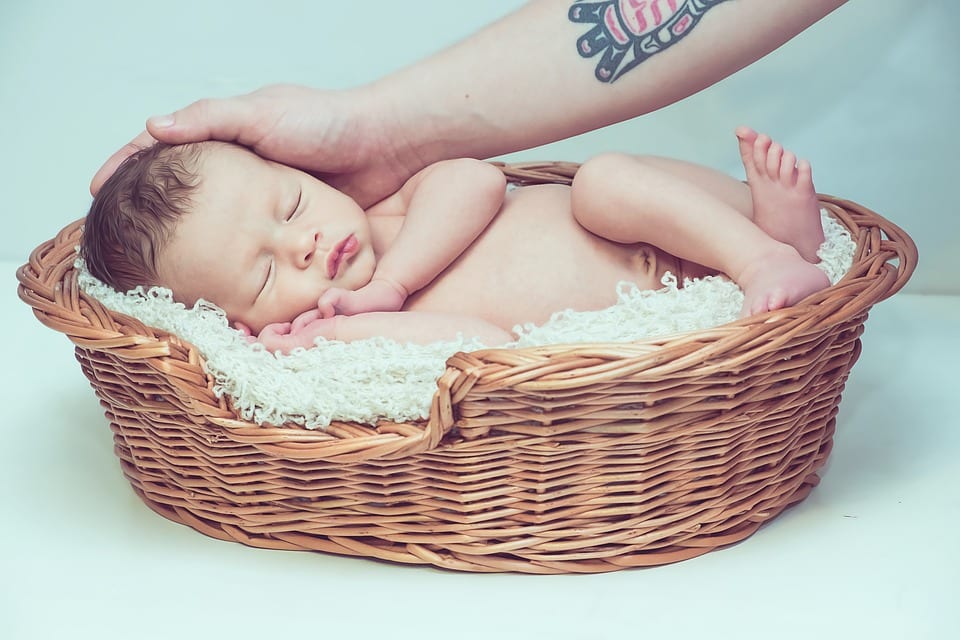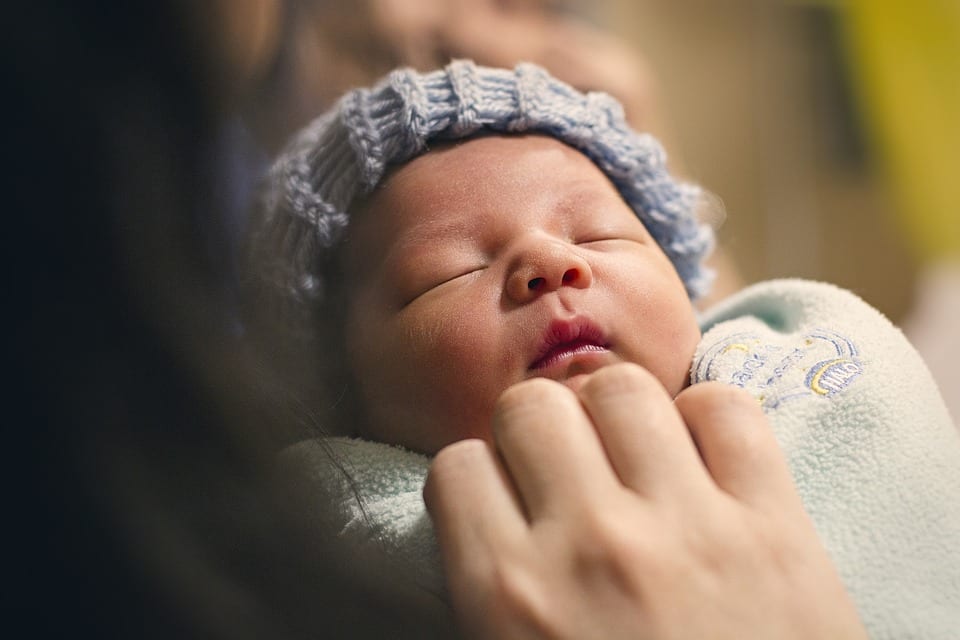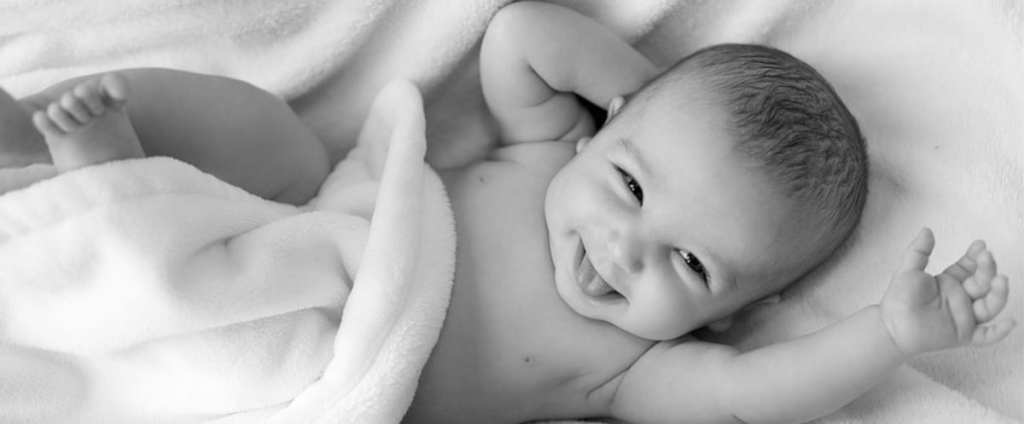As the mother of a newborn currently, I can tell you that those first smiles are precious. Not only because they’re adorable, but because at this point, we’ve spent weeks changing, burping, feeding, and soothing this little person with little other than snuggles as a reward. A smile? Proof that we’re getting somewhere and that the best is yet to come.
So what is super annoying is that literally every time you claim your baby smiled at you, there is always someone there ready to tell you they’re not smiling – it’s only gas or a reflex, or whatever. Buzzkills abound.

Photo Credit: Pixabay
Science has backed them up, too, staying that your newborn’s first “social smile” doesn’t typically appear until somewhere between 6 and 12 weeks of age. Newer research, however, suggests that the hopeful and optimistic among us might have been right all along.
Emese Nagy, a doctor, psychologist, and researcher out of the University of Dundee, wrote in The Conversation that that research suggests newborn smiles could be indicative of emotional reactions after all – even in the first days and weeks of life. Perhaps, she says, within the first 36 hours.
“There have long been signs that newborn smiles could signal positive emotions to some extent. Smiles have been noted in the first few days of life as a response to stroking of the cheek or belly. Newborns also smile in response to sweet tastes and smells.”

Photo Credit: Pixabay
Those smiles, though, do look different than the “social smiles” that had previously set the bar. Those “real” smiles involved not just the mouth but also the muscles around the eyes – like how your own eyes crinkle when you grin. Since those early smiles only use the mouth muscles, they didn’t qualify…or at least, that’s what scientists have believed until now.
The medical opinion is changing, Nagy says, because it appears that those other muscles are actually involved.
“Babies often start with moving their cheeks and their brows before they smile, as if focusing their attention on the caregiver’s face. So it is completely possible that these newborn babies actually mean to smile.”

Photo Credit: Pixabay
Not only that, but evidence is mounting that the smiles are also meaningful and given on purpose, in direct response to a loving gesture from a caregiver.
“Babies learn about the power of smiling early. While caregivers often smile at their newborns, this behavior will be dependent on the baby’s state – they are less likely to smile if the baby is crying. As a result, babies quickly gain a remarkable ability to regulate the behavior of their parents. If a baby keeps eye contact, blinks and smiles, their parent will likely smile back – making the smile rewarding.”
Crazy, right? I mean, moms have long believed their babies got them and vice-versa, but now there’s research to back it up – and what could feel better than validation?
Besides a nap, I mean.






